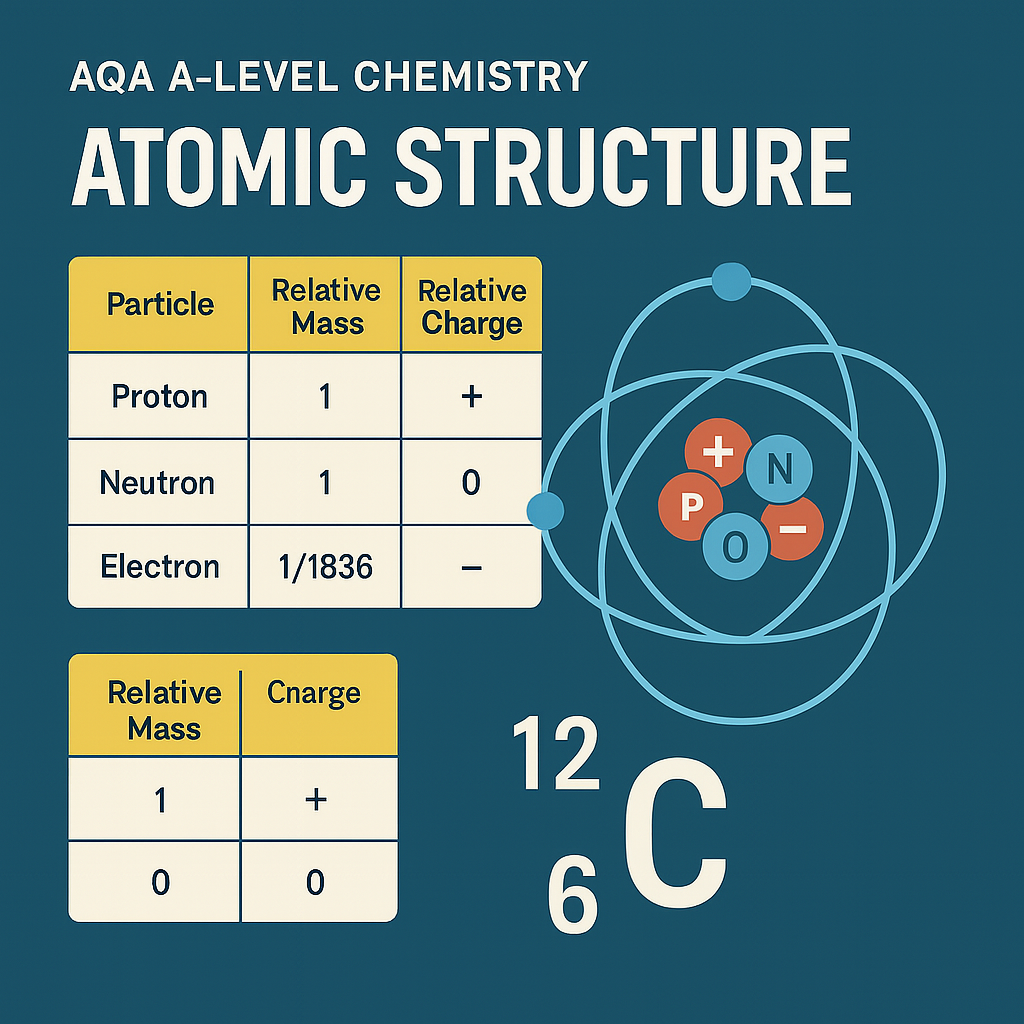Common Mistakes Students Make in AP Chemistry — and How to Avoid Them
Whether you're aiming for a 5 or just want to pass confidently, the key is consistency, curiosity, and clarity.
AP Chemistry is one of the most challenging and rewarding courses a high school student can take. With its fast pace, complex topics, and rigorous exam, it's no surprise that students often struggle to keep up. However, many of the issues students face are preventable. By recognising and avoiding common mistakes, students can significantly improve their understanding, grades, and confidence.
In this blog, we'll explore the most frequent pitfalls students encounter in AP Chemistry and offer practical strategies for overcoming them.
1. Memorising Without Understanding Many students approach AP Chemistry the same way they might study for a history exam: by memorising facts. But chemistry is a conceptual science. Rote memorisation might get you through a quiz, but it won't help with multi-step problems or free-response questions.
How to avoid it:
Focus on understanding why something happens, not just what happens.
Use concept maps to connect ideas.
Teach the concept to someone else – if you can explain it clearly, you understand it.
2. Neglecting the Math Chemistry and maths are deeply intertwined. Stoichiometry, gas laws, equilibrium, and thermodynamics all require mathematical fluency. Students who are weak in algebra or unit conversions often find themselves lost.
How to avoid it:
Review key math skills early in the year: significant figures, scientific notation, ratios, and algebra.
Practise unit conversions until they feel second nature.
Don’t just plug numbers into formulas; understand what each variable represents.
3. Cramming Before Tests Chemistry builds on itself. Students who leave studying to the night before an exam often find they can’t grasp complex material quickly enough.
How to avoid it:
Use spaced repetition to review content regularly.
Create a study schedule that covers topics weekly.
Use flashcards and past questions for ongoing practice.
4. Skipping the Reading or Not Taking Notes Some students rely solely on class lectures or worksheets and ignore the textbook or assigned readings. This results in missing key explanations or alternative examples.
How to avoid it:
Read the textbook before the lesson if possible.
Take notes while reading and highlight key points.
Summarise each section in your own words.
5. Underestimating the Lab Component Labs are a vital part of AP Chemistry, yet students often treat them as secondary. They rush through procedures, don’t understand the purpose, or fail to link them to the curriculum.
How to avoid it:
Read the lab instructions in advance.
Understand the goal of the experiment and how it links to the theory.
Analyse your results and reflect on what they reveal.
6. Misreading or Skipping Details in Questions In both multiple-choice and free-response sections, small details in a question can completely change the answer. Students often skim and then answer incorrectly.
How to avoid it:
Read the entire question carefully.
Underline or highlight key information.
Rephrase the question in your own words before answering.
7. Ignoring Units and Significant Figures Losing marks for incorrect units or the wrong number of significant figures is avoidable. Yet many students overlook these.
How to avoid it:
Always include units in your calculations.
Practise applying significant figure rules.
Review your final answer for unit consistency.
8. Overreliance on Formula Sheets The AP Chemistry exam provides a formula sheet, but it doesn’t contain everything. Relying on it too heavily can lead to gaps in understanding.
How to avoid it:
Learn the most important formulas by heart.
Understand the derivation or logic behind formulas.
Practise applying them to different contexts.
9. Weak Time Management in Exams The AP Chemistry exam is time-pressured. Students often spend too long on one question and then rush others.
How to avoid it:
Practise timed past papers.
Learn how to quickly identify question types.
Allocate time per section and stick to it.
10. Not Reviewing Mistakes Some students do practice problems but don’t take time to analyse their errors. This means they repeat the same mistakes.
How to avoid it:
Keep an error log with explanations.
Rework incorrect problems until you get them right.
Ask for help if you don’t understand why you were wrong.
11. Lack of Active Practice Watching videos or reading notes passively is not enough. Chemistry requires active problem-solving.
How to avoid it:
Do practice questions daily.
Use retrieval practice: test yourself without looking at your notes.
Join study groups where you solve problems together.
12. Skipping Past Paper Practice Students sometimes leave exam-style questions until just before the test, missing the chance to practise exam technique.
How to avoid it:
Start using past paper questions from the beginning of the year.
Use them to reinforce each topic as you learn it.
Mark your answers using official rubrics.
13. Not Preparing for the Free-Response Section The free-response section requires more than just knowledge; it tests communication, structure, and clarity.
How to avoid it:
Practise writing clear, concise responses.
Use bullet points or labelled steps where appropriate.
Review past scoring guidelines to see what earns marks.
14. Misunderstanding Key Concepts Some topics are notoriously misunderstood – like equilibrium shifts, limiting reactants, and enthalpy changes.
How to avoid it:
Identify your weak topics early and revisit them often.
Use visual aids (like energy diagrams) to clarify concepts.
Don’t be afraid to ask for help.
15. Not Asking Questions Many students stay silent when confused, especially in large classes.
How to avoid it:
Speak up in class or email your teacher with questions.
Use online forums or tutoring sessions to get clarification.
Remember: every question you ask helps someone else too.
Conclusion AP Chemistry doesn’t have to be overwhelming. By avoiding these common mistakes and adopting active, intentional study habits, students can excel in the course and the exam. Whether you're aiming for a 5 or just want to pass confidently, the key is consistency, curiosity, and clarity.
Need personalised help? Book a 15-minute consultation with Dr Marguerite Quinn and get expert guidance tailored to your goals.





Understand AQA A-Level Chemistry Section 3.1.1.2 on mass number and isotopes. Learn key definitions, isotope notation, calculations, and how this topic builds your scientific and exam skills.